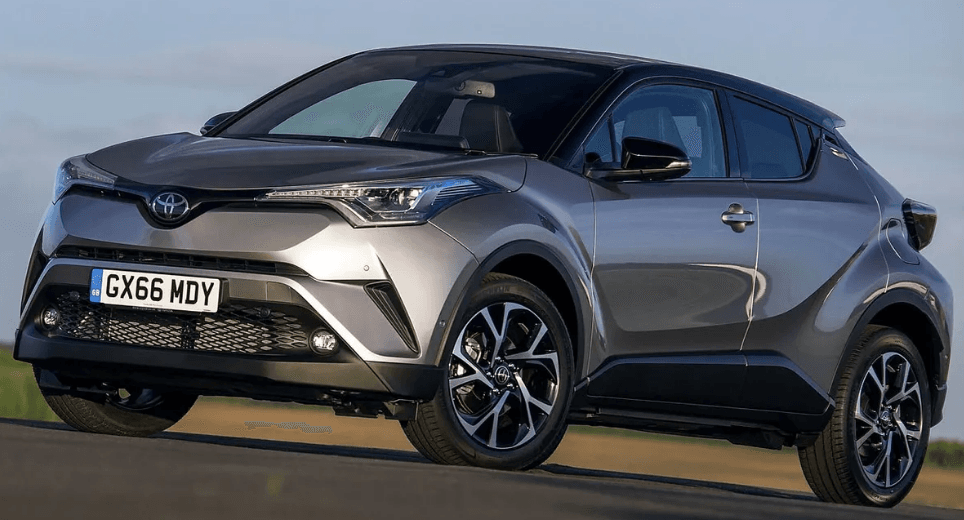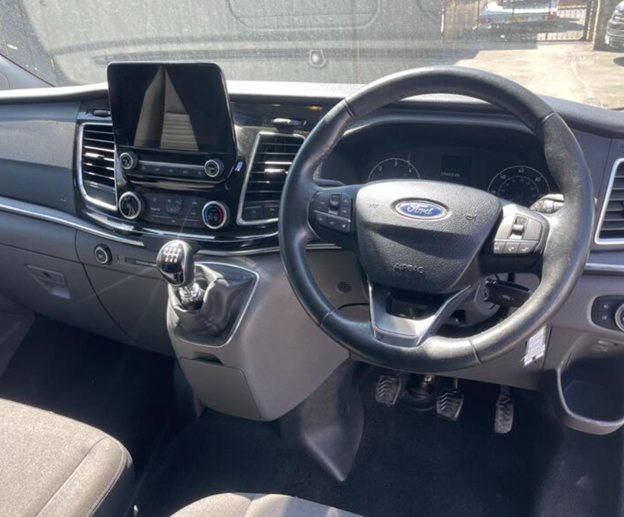The car you drive should be suited to your purposes. What’s right for a person in a city might be wrong for a person in the countryside. A family of seven might need a very different car than a thrill-seeking bachelor.
Many drivers need a car mostly to get to and from work. Millions of people in the UK drive to work – and a substantial subset of those people find themselves on the road for more than an hour a day. Choosing the right vehicle for this purpose might make a major difference to your quality of life. So, what factors might you be considering?
Fuel efficiency
The more commuting you’re doing, the more you’ll be spending on fuel – and the more efficiency will matter. This might push you toward a smaller, lighter vehicle. For those driving in rush-hour city traffic, petrol cars tend to cope better with lower speeds and frequent gear changes.
The best option here, from a fuel-efficiency perspective, might be a battery-electric vehicle. However, you’ll need to be sure that you have access to the right charging facilities before you take this option.
Condition
Used cars are ideal for commuting, particularly those that are between two and three years old. This is because they allow motorists to avoid a substantial amount of depreciation. If you’re buying something that is fairly new, then you can often get the best of both worlds: a car that’s just as high-performing and feature-rich as a new one at a significant discount.
Comfort
Given that you might be spending hours in the driver’s seat every week, it’s a good idea to look for something that is comfortable to occupy. Consider the climate control, the infotainment system, and the seats. Make sure that you can easily reach the pedals, and that you know how to adjust the seat. Additional quality-of-life improvements, like heated seats and steering wheels, might also be worthwhile.
In general, it’s a good idea to thoroughly test drive a vehicle before you commit to a purchase. This might allow you to be sure that it fits your needs and preferences – and that there are no particular issues with the car itself. Make sure that you thoroughly inspect the vehicle, preferably in daylight. If, for any reason, you get a bad vibe from the car, it’s usually best to walk away.
Safety
The good news is that most modern cars are extremely safe – because regulators demand it. However, it’s still worth checking an independent crash-test agency for an assessment of safety performance. In Europe, Euro NCAP tends to be the gold standard. Many modern vehicles will come equipped with driver-assistance technology, like lane assist and automatic braking. These might reduce the risk of a collision while improving the driving experience at the same time.




